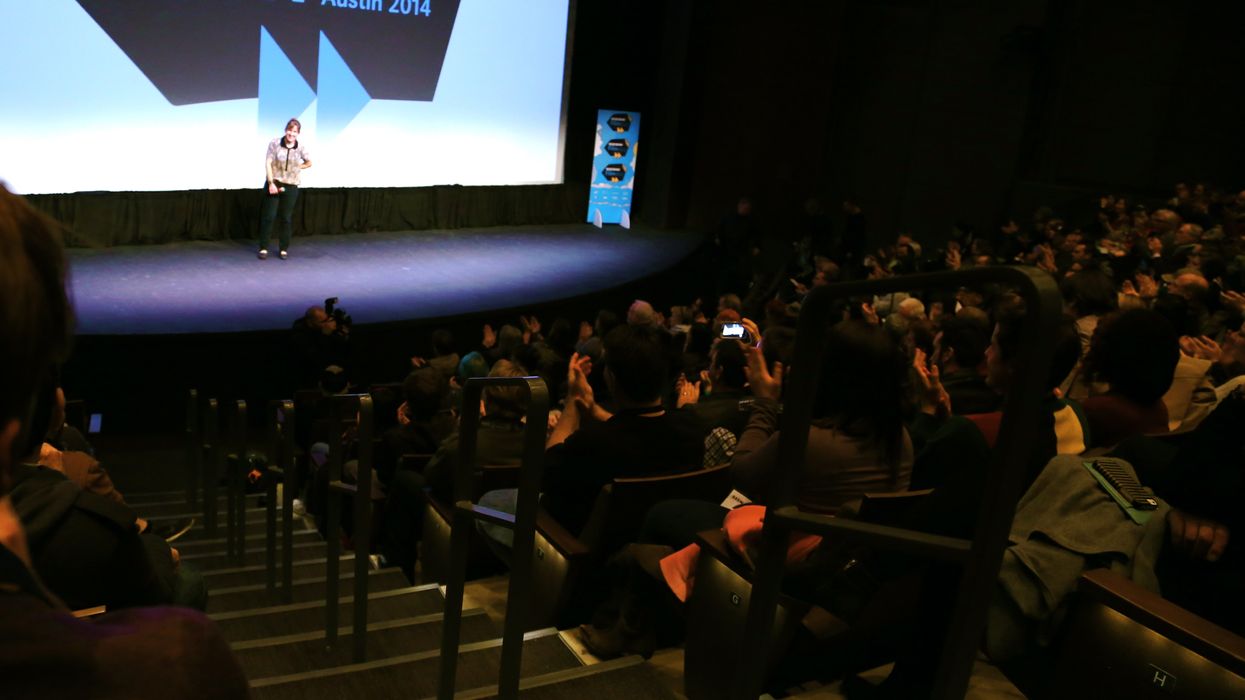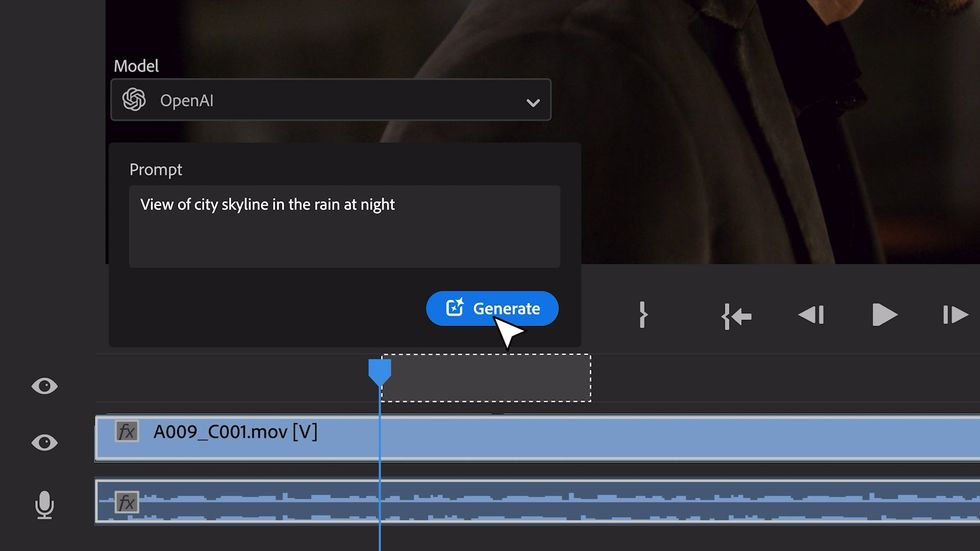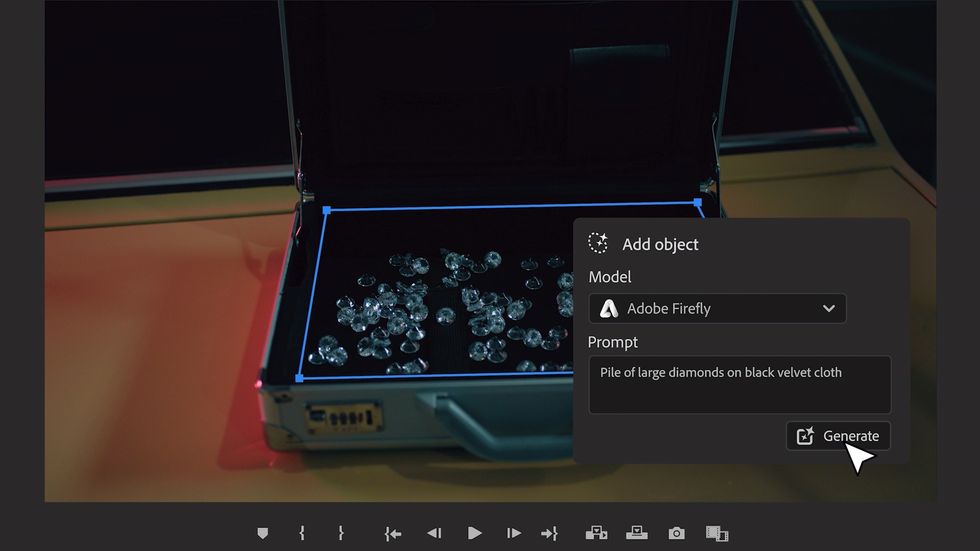Firsthand Advice From 12 Directors Whose Films Played at SXSW 2014

The 2014 SXSW Film Festival featured compelling work from filmmakers with all kinds different styles and backgrounds, but they all had one thing in common: they're very talented. From Hellion's Kat Candler to Buzzard's Joel Potrykus, No Film School ran around interviewing these different filmmakers about their process, and below is a brief compilation of one topic: advice they had for fellow filmmakers after making it this far.
Each of the following filmmakers spoke to No Film School about anything from creating a consecutive 20-minute shot to recording the internal sounds of a fish. Stay tuned for their entire interviews, and enjoy a look at the advice they would share with you!
Buzzard
Joel Potrykus: I always say don’t be afraid to rip off things you like. Almost every shot that’s ever done in any movie is ripped off from something else. Eventually you get your own voice from stealing other people's voices. I have no problem saying what I ripped off -- you put them all together and it makes something new.
The Immortalists
Jason Sussberg: Do more pre-production. Don’t whip the camera out immediately. Get to know people -- get their trust. Give it a minute. In general, don’t settle on a short, don’t settle on getting a job. If you want to make independent films, it’s a hard slog. You’re gonna go into debt. It's going to suck. You’re not going to know how to live. It’s a slog, but stick it out.
David Alvarado: I’d agree with that. Pre-production: find your characters and your story first. Don’t do too much of that in post -- although that’s really where the magic happens. But that’s what you are looking for when you start filming, not just trying to capture footage.
I Believe In Unicorns
Leah Meyerhoff: I think the best advice that I ever got, was to write what you know, to tell a story that you know in and out. And to hold yourself accountable to that -- to actually set a date and say, "I’m gonna make this movie." I’m surrounded by filmmakers trapped in development. You’re writing and rewriting and rewriting -- at some point you need to say, "I’m going for this. I’m just gonna do it." Once you start that momentum forward, it keeps going -- and from there you just figure it out.
DamNation
Travis Rummel: If you’re not passionate about what you’re doing, don’t do it. That’s the only way you’re going to be able to live with yourself. It takes so much time and energy and commitment -- if you’re not passionate, don’t do it. That’s always been our litmus test. You can’t make something good if you’re not.
Ben Knight: My advice would be to drop out of high school and start right away.
Travis Rummel: It worked for Ben!
The Frontier
Matt Rabinowitz: Just do it. If you have an idea, do it. You’re not going to be Stanley Kubrick right out the gate. Stanley Kubrick wasn’t Stanley Kubrick right out the gate. We live in a society now where media happens so fast that if you do make a film and it’s terrible, it will be forgotten tomorrow. So you can make another one!
Long Distance (10,000km)
Carlos Marques-Marcet: My experience is: enjoy the process. If you are happy and enjoy what you do, and you are not as obsessed with being a director as you are with making a movie, in the end, people will like it. If you’re tired of it, quit. Have kids. The making of it is what's interesting, and you should be passionate about it -- And take care of friends, because you’ll need them!
[You can watch the trailer here.]
Born to Fly
Catherine Gund: Find characters you care about so you can tell stories about strong characters that the audience will care about. It seems so obvious, but it's not how documentaries used to be made: take a character and use them to tell a bigger story. If you want to tell a thesis, or start with a thesis, I think writing essays is a better format.
Big in Japan
John Jeffcoat: I think where we saw success here was being honest with our characters and our experience. I think when you do that, you go down some original paths. Even though our story -- a band tries to go and break into a scene -- is not the most original concept maybe, but the way we execute it brings you down a rabbit hole in a different way than you expect. Just make sure your story resonates with yourself, and if it does, you are probably going in the right direction.
Que Caramba Es La Vida
Doris Dörrie: I think the technique, the sheer technique of filmmaking, is really getting less and less important because pretty much everybody can handle that. There’s not that much to it in the end. But to stay curious, and to really find your own voice and your own vision, and try to find out what is it that interests you about the world is very important. Don’t get too intimidated by trying to have a career and trying to make it, but rather to focus on your particular vision -- that’s the major work as an artist and as a filmmaker.
Hellion
Kat Candler: If you are kind and respectful to your crew and cast, they will give you their best work -- It’s a small community, smaller than people realize. You want to be that person who the community speaks highly of, and people want to work with. One of my friends, Bryan Poyser, who’s also really talented, came to speak to my students, and he said, “If you’re cool with not getting in to Sundance for ten to fifteen years, and you’re going to enjoy the journey and the process, awesome.” If you’re going to get disgruntled and jaded and be impatient about it, it’s probably not for you. If it's in your blood, you won’t stop. And if you’re insanely passionate about it, you won’t stop -- It’s hard, but god dangit, I love what I do!
What advice rings true to you? Did you have a chance to check out any of these cool films at SXSW, or which ones are you looking forward to seeing?
Link: 2014 South by Southwest Film Festival Lineup -- SXSW.com

















